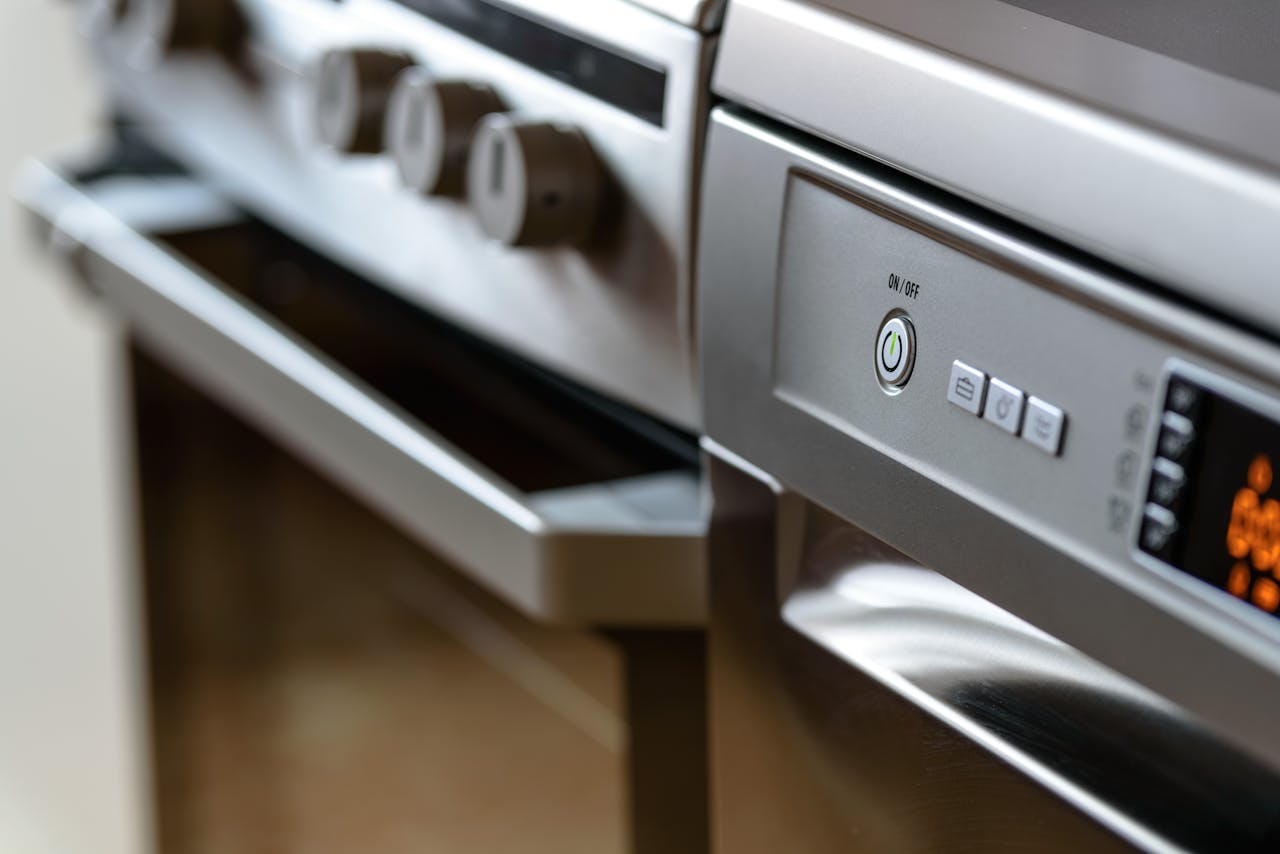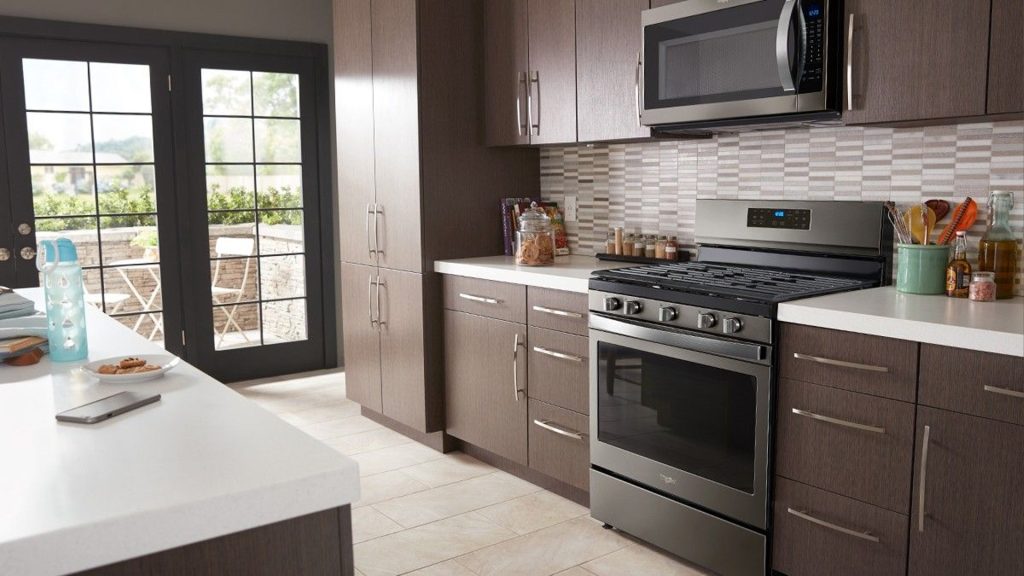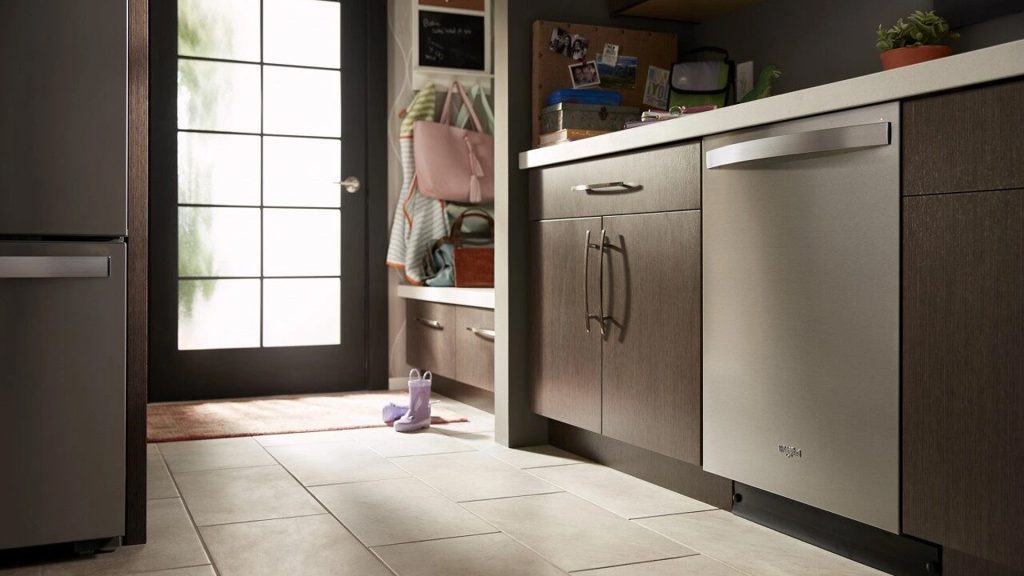A dishwasher is a time-saving kitchen essential, but when it stops working properly, it can be frustrating. Instead of hand-washing dishes or rushing to replace your unit, try troubleshooting the issue first. Many common dishwasher problems can be fixed with simple DIY solutions.
Common Dishwasher Problems and How to Fix Them
1. Dishwasher Won’t Start
If your dishwasher isn’t turning on, check the basics first:
Ensure it’s plugged in and that the circuit breaker hasn’t tripped.
Make sure the door is fully closed and latched.
If the control panel is unresponsive, try resetting the dishwasher by unplugging it for a few minutes or flipping the breaker off and on.
2. Dishes Not Getting Clean
If your dishwasher isn’t doing its job, consider these possible causes:
Clogged spray arms – Remove and rinse them under running water to clear any blockages.
Blocked or dirty filter – Clean the filter (usually located at the bottom of the tub) to ensure proper water flow.
Low water temperature – Ensure your water heater is set to at least 120°F (49°C) for optimal cleaning performance.
3. Dishwasher Not Draining
A pool of water at the bottom of your dishwasher can be a sign of drainage issues. To fix this:
Check the drain filter and clean out any food debris or gunk.
Inspect the drain hose for clogs or kinks and clear any obstructions.
Make sure the garbage disposal (if connected) is not clogged, as this can prevent water from draining properly.
4. Dishwasher Leaking Water
Leaks can cause damage to your kitchen, so addressing them quickly is crucial:
Inspect the door gasket for cracks or wear and replace it if necessary.
Ensure the float switch (which regulates water levels) isn’t stuck.
Avoid overloading the dishwasher, as improperly placed dishes can cause water to splash out.
5. Dishwasher Making Strange Noises
Unusual noises can indicate a problem with internal components:
A grinding sound may mean debris is stuck in the pump. Clean the pump area to remove obstructions.
A humming or buzzing sound might indicate a faulty motor or pump, which may need professional repair.
When to Call a Professional
While many minor issues can be fixed on your own, some problems require expert attention. If your dishwasher has a major leak, electrical issue, or a broken motor, it’s best to call a professional technician to avoid further damage or safety risks.
Maintenance Tips to Prevent Future Issues
To keep your dishwasher running efficiently:
Regularly clean the filter and spray arms.
Run a cleaning cycle with vinegar or a dishwasher cleaner once a month to remove buildup.
Check and tighten any loose hoses or connections to prevent leaks.
Scrape off excess food from dishes before loading to prevent clogs.
Conclusion
A malfunctioning dishwasher doesn’t always mean it’s time for a replacement. Many common problems can be solved with a little troubleshooting and regular maintenance. By following these tips, you can extend the life of your dishwasher and keep it running smoothly for years to come.


